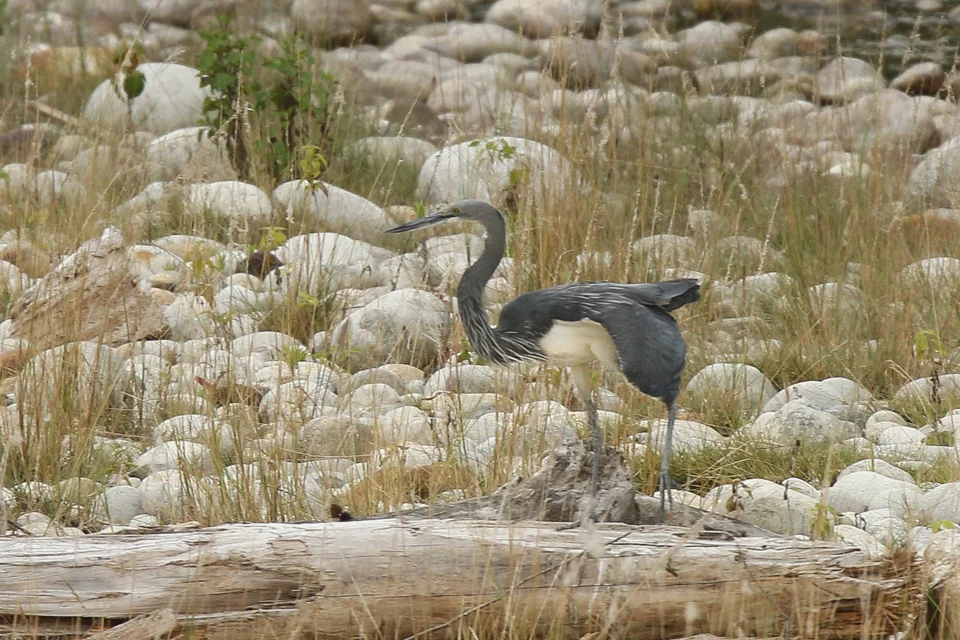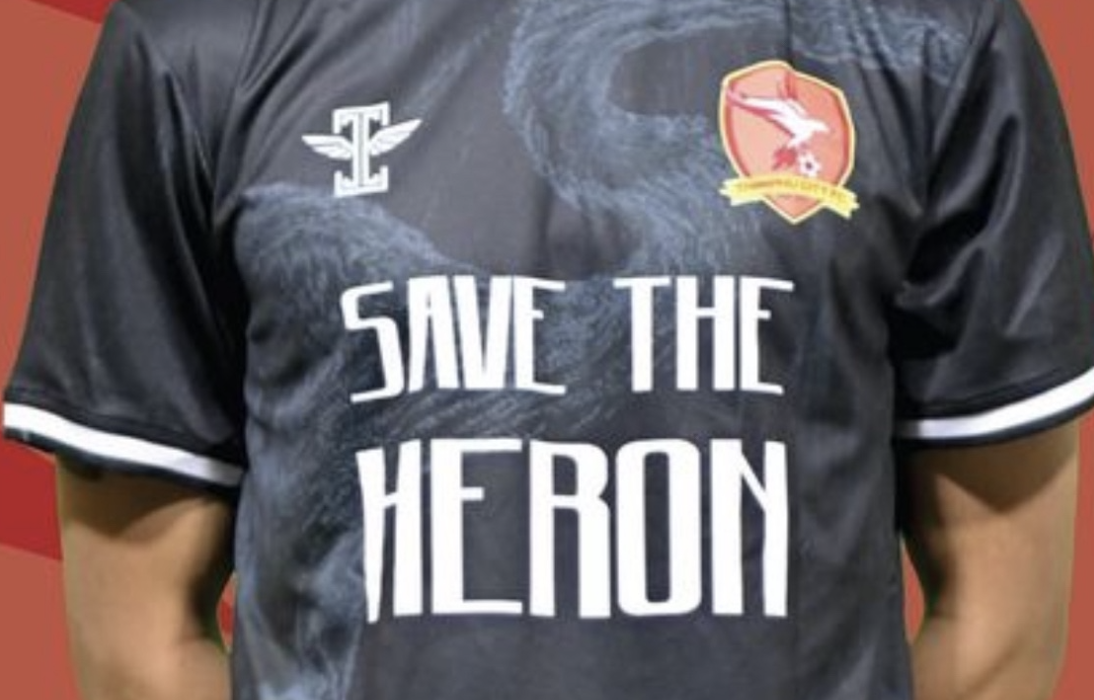Background
Thimphu City FC is a Bhutanese football club that has embedded community and environmental values at its core.
While most professional clubs are geared toward commercial success, Thimphu City has grown into a powerful symbol of sport for social good — supporting unemployed youth, religious education and, most notably, conservation of one of the world’s rarest birds: the white-bellied heron.
The bird, with fewer than 60 individuals remaining globally, half of which are found in Bhutan, is critically endangered. Conservation efforts in the country are led by the Royal Society for the Protection of Nature (RSPN), Bhutan’s only local environmental NGO. It was through a relationship that developed between the club’s founder and a visiting donor that football and conservation became intertwined.
Challenge
Conservation projects for species like the white-bellied heron often require significant funding and expertise. Yet in Bhutan, football is largely non-commercial and offers limited revenue-generating opportunities.
The founder of Thimphu City FC, Hishey Tshering, a former RSPN staff member, saw an opportunity to use the club’s visibility and purpose-driven ethos to raise awareness and financial support for the heron.
At the same time, football club operations became increasingly expensive — rising from a few hundred dollars annually to several thousand a month — making it difficult to sustain both sport and conservation goals.
Approach
The club launched the ‘Goals for a Cause’ initiative, where donors pledge a set amount per goal scored by the team during the season. One long-standing supporter contributes $20 per goal specifically to the heron conservation programme. A separate jersey, featuring the message ‘Save the Heron’, is worn by players in tribute to this effort.
Funds go toward supporting Bhutan’s white-bellied heron captive breeding centre, which feeds and cares for a small number of birds in a bid to support the species’ survival. With each heron consuming around 500g of fish daily, the programme’s ongoing costs, while relatively modest in global terms, are essential and continuous.
The football club acts as a grassroots ambassador for the cause, sharing updates, raising awareness locally and inviting others to pledge support — even in small amounts — for conservation or other social initiatives, including education for young monks.
Fewer than 60 white-bellied herons remain globally, half of which are found in Bhutan
Results and impact
In the most recent season, Thimphu City FC scored 52 goals, generating over $1,000 for heron conservation. These contributions help maintain daily operations at the breeding centre, a critical component of the species’ survival strategy.
The initiative has also sparked interest from other donors, including a fan in Singapore who now donates per goal to support monastic education. The club is positioning itself as a hub for positive action, enabling supporters to align their pledges with the causes they care about.
Lessons learned
The experience highlights the power of small, consistent action through sport. While large-scale funding remains essential, grassroots contributions can sustain critical components of conservation work — especially when driven by passion and storytelling.
It also shows how football clubs, even in resource-limited contexts, can become platforms for environmental advocacy and social change. By aligning goals on the pitch with goals for nature, Thimphu City FC has created a model that blends pride, purpose and impact.
“We’re not just a football club. We’re trying to build a brand that stands for doing good — for our community, our culture and our nature,” says Hishey Tshering, Thimphu City FC founder.
Topics
Nature protection
Off-site nature protection and restoration
Land
Pitch, course and outdoor court sports
Club/team


